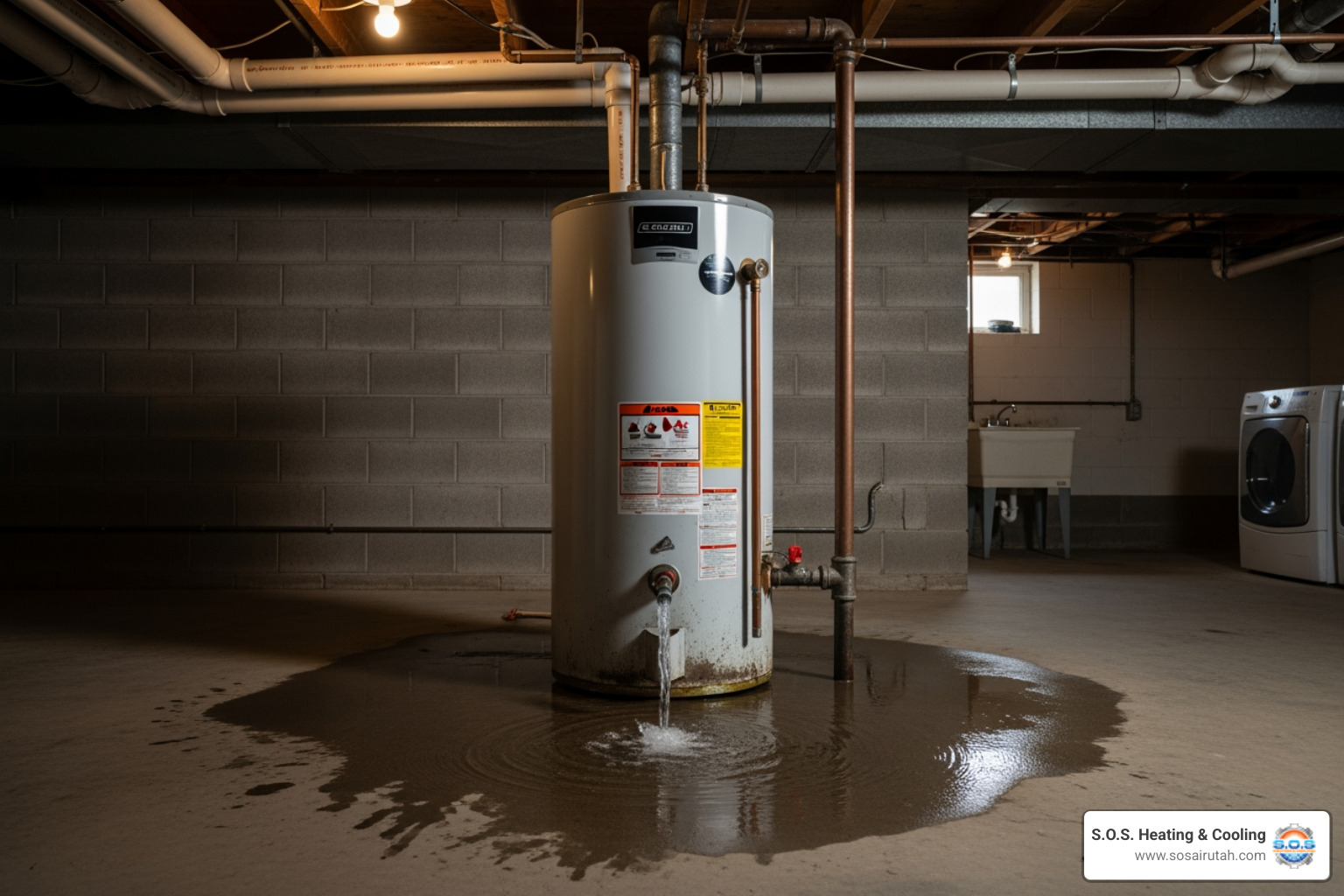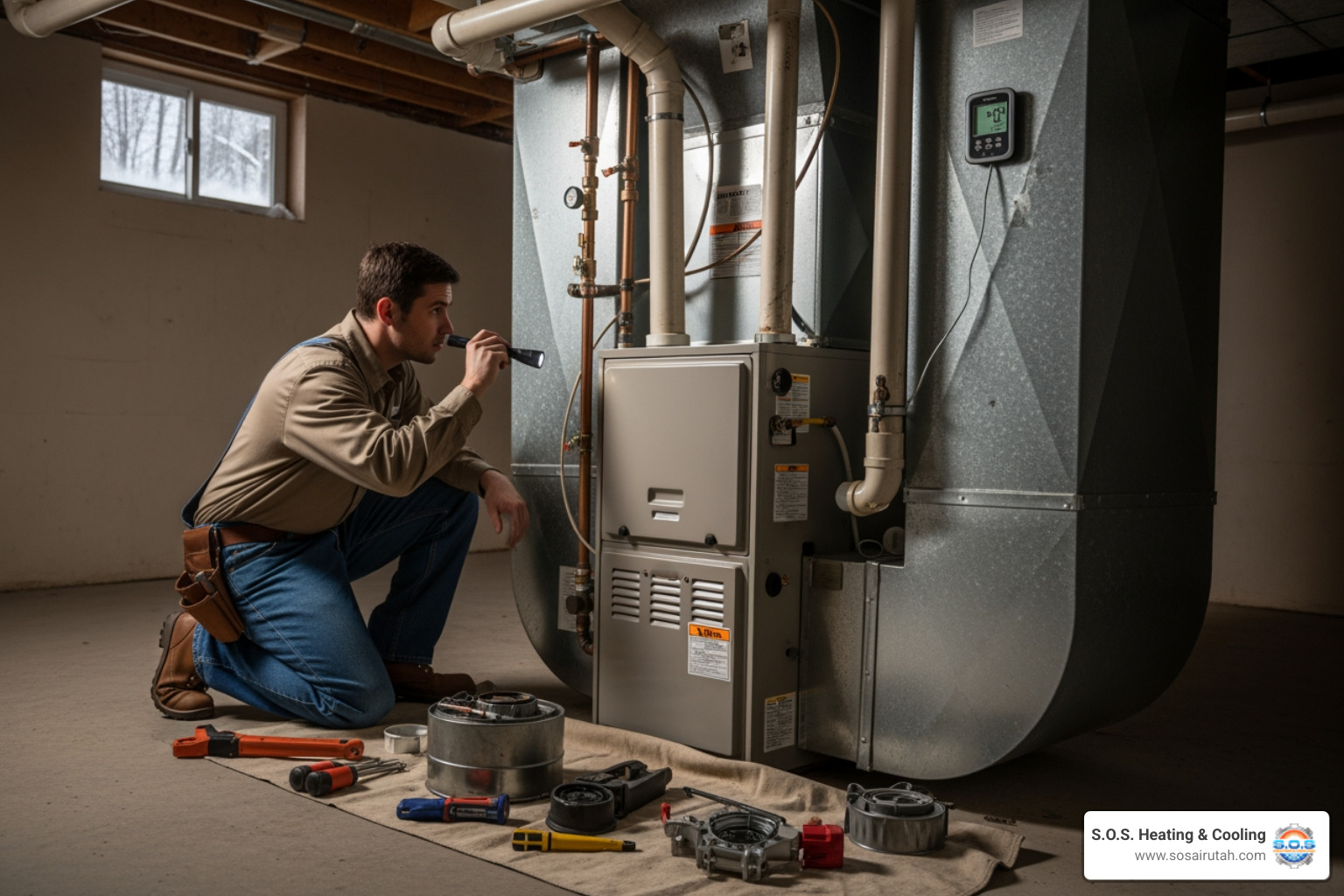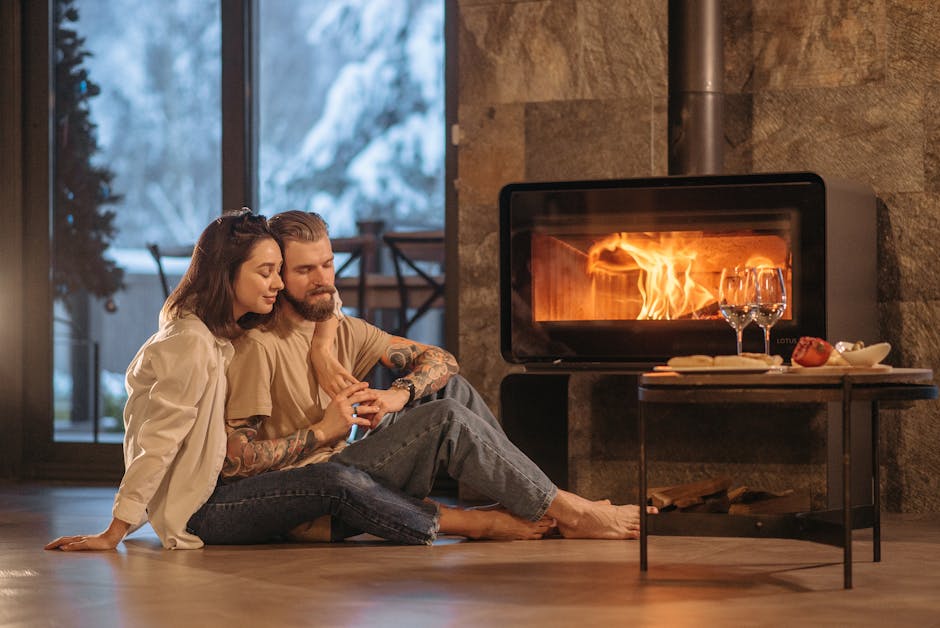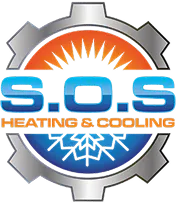
When the heat hits Holladay in August, a working air conditioner isn’t a bonus—it’s a necessity. For many homeowners, there’s nothing worse than switching on the AC only to find that nothing happens. No hum. No airflow. Just silence. It’s a frustrating problem, especially when your first thought is: “Should I be bracing for a big repair bill?” When an AC won’t turn on at all, the causes can range from small technical issues to more complicated electrical or mechanical faults.
A lot of homeowners in Holladay start by adjusting the thermostat again and again or flipping the breaker off and on, hoping for a quick fix. But getting to the root of the issue often takes more troubleshooting. This guide covers the most common reasons your AC won’t kick on and what warning signs to keep an eye out for. If your unit is sitting idle while temperatures soar, understanding what you're dealing with is the first step to getting things working again.
Common Reasons Your AC Won't Turn On
When your air conditioner won’t start, there are several likely causes to check before assuming the worst. A few of these issues are easy to overlook yet can impact how your AC works day to day. Here's a breakdown of common reasons your unit in Holladay may not be turning on:
1. Power Issues
- A tripped circuit breaker is one of the most common electrical problems. When the breaker cuts power to your AC, the system won't turn on until it's reset.
- A blown fuse can also interrupt power to the unit. If you’ve recently had thunderstorms or power surges, this could easily be the cause.
- Power supply issues might stem from loose wiring or failure in the disconnect box, both of which prevent electricity from reaching your system.
2. Thermostat Malfunctions
- Sometimes the problem isn't the AC unit but rather the thermostat controlling it. If the batteries are dead or it's been set to heat instead of cool, the unit won't respond.
- An older thermostat may lose its calibration or stop communicating properly with the AC system altogether.
- Wiring between the thermostat and your system can also come loose or degrade over time, breaking the signal chain.
3. Clogged Air Filters
- Blocked filters might not seem like a major issue, but they restrict airflow, which can cause the AC to overheat and shut off as a built-in safety feature.
- Lack of airflow can also prevent the system from starting because some modern units detect airflow levels before activating the compressor.
- If your air filter looks dusty, dirty, or has not been replaced in a while, it’s worth checking first.
Take a homeowner in Holladay who noticed their house wasn't cooling even after setting the temperature lower for hours. Their unit showed no signs of starting up. After a quick inspection, a technician discovered a tripped outdoor breaker likely caused by a power overload. The fix was quick, but the discomfort and stress would have been avoidable with some preventive understanding.
Fixing an AC that won’t turn on starts by ruling out simple causes before moving to the more complex ones. Homeowners can do a quick check on thermostats, breakers, and filters, but anything involving wiring or components needs a trained eye.
Diagnosing Electrical Problems in Your AC System
Electrical issues are one of the more serious reasons your air conditioner won’t switch on. Even when the system is properly maintained, time, temperature swings, and wear on components can still lead to wiring problems. Unlike a clogged filter, which is easy to see, these issues stay hidden and often get diagnosed only after the system fails to work at all.
Here are signs and potential sources of electrical problems in an air conditioner:
- Tripped Circuit Breaker Keeps Returning: If you reset the breaker and it keeps tripping, that’s a signal there’s a deeper electrical fault, not just a power surge.
- Burnt or Blackened Wiring: Wires that look burned or melted near the connections are a fire hazard and indicate too much power is being drawn somewhere in the unit.
- No Power at the Outdoor Unit: If the inside blower turns on but the outdoor compressor unit does nothing, that’s often a sign of a disconnect or failed capacitor.
- Clicking Without Starting: Electrical relays or contactors may fail and repeatedly click without completing the power circuit. This results in no start-up, even though it sounds like the unit is trying.
Sometimes, when wiring gets too hot, the insulation cracks, allowing current to leak or short out. This may not only stop the AC from running but also pose a safety risk. Holladay homes with older AC systems are more likely to show signs like weak power signals, repeated breaker trips, or failed startup cycles.
Diagnosing these electrical faults isn’t something homeowners should attempt. Tracing live wires and opening access panels requires experience and proper tools. When these issues show up, the safest and quickest route back to cool indoor temperatures is through professional inspection and repair.
Mechanical Failures to Watch For
When your AC doesn't respond, and you've ruled out power or thermostat problems, it’s time to consider internal mechanical failures. These parts work hard all summer and can wear down or break, especially in older units. Some of these issues won’t be easy to spot without opening up the system, which is why a professional inspection matters.
One of the most common problems is compressor failure. The compressor pushes refrigerant through the system and starts the cooling cycle. If this component stops working, the system won't turn on. You might hear a clicking sound or notice the outdoor unit isn’t doing anything. Without a working compressor, your AC won't cool or operate at all.
Another part to pay attention to is the fan motor. The fan helps remove heat from your home, and it also keeps the condenser coil cool. When the motor burns out or the blades get stuck, the AC will shut itself off to prevent further damage. A faulty capacitor, which helps start the fan, can also cause similar symptoms.
Low refrigerant levels may not stop the system from running, but they’ll often trigger safety switches that shut it down. If the refrigerant drops too low due to a leak, the AC can’t remove heat properly. In some cases, this causes the evaporator coil to freeze up, which prevents airflow and eventually leads to a system shutdown.
If you're wondering how to tell whether any of these issues are happening in your home, look out for startup failure, a fan that spins but doesn’t blow cold air, or warm air coming from your vents. These signs usually point to a mechanical issue that needs more than a basic adjustment.
Why Timely AC Maintenance Matters
Ongoing maintenance helps cut down on surprise system failures during peak summer heat. A working AC in Holladay doesn’t start with turning it on when you're uncomfortable. It starts with keeping parts cleaned and problems fixed before they grow. Even though it might seem like the system only needs attention when it breaks, one of the best ways to avoid a breakdown is to stay ahead of it.
Here are tasks our professionals often handle as part of scheduled AC checks:
- Inspecting and cleaning the evaporator and condenser coils
- Checking refrigerant levels and inspecting for leaks
- Testing capacitors and electrical connections
- Lubricating motors, fans, and bearings
- Verifying thermostat accuracy and correcting settings
- Replacing worn belts or fan blades before they fail
Although swapping out an air filter or checking your thermostat batteries can easily be done on your own, most core maintenance jobs call for experience. Without proper tools or training, small issues can get missed or repaired the wrong way, leading to bigger damage later.
Holladay homeowners who stick to a regular maintenance schedule tend to catch early problems before they get serious. For example, a dirty coil might shave a few degrees off your cooling now, but over time, it puts added strain on the compressor. Enough of that strain and you’re looking at a full replacement instead of a simple cleaning.
Get Your AC Running Again Efficiently
When any part of the air conditioning system shuts down, it’s rarely just one isolated cause. Most breakdowns involve a chain reaction like a blown capacitor causing a fan to stall, or a dirty filter leading to overheating over time. The key is recognizing the signs early and not putting off troubleshooting.
If your AC won’t turn on at all, there’s a good chance something can be fixed before it turns into a major system issue. Airflow problems, mechanical breakdowns, and electrical faults all look similar from the outside, but they each require a different fix. Waiting too long can lead to higher repair costs or even full system failure.
Homeowners in Holladay don’t need to guess what’s wrong or try a bunch of temporary fixes. The right next step is bringing in an experienced team that can diagnose the issue, prevent more damage, and restore your airflow fast. When your AC unit sits silent in the August heat, it’s time to treat the problem seriously.
Homeowners facing a silent AC in the August heat know that prompt action can keep further complications at bay. If you need AC repair in Holladay, rely on experienced support to accurately diagnose and resolve the issue while maintaining your comfort. S.O.S. Heating & Cooling stands ready to help restore your system quickly and safely, ensuring that your home returns to a cool and comfortable state. For a quick estimate or to book a service visit, please contact us today.
Explore Our Latest Insights and Updates in Plumbing Services

My hot water heater is leaking. Who are the best emergency plumbers in Salt Lake City?

Don't Freeze! How to Get Emergency Furnace Maintenance in Bountiful Fast

Finding Your Perfect Match: Expert Heating Tune-Ups in SLC






.avif)